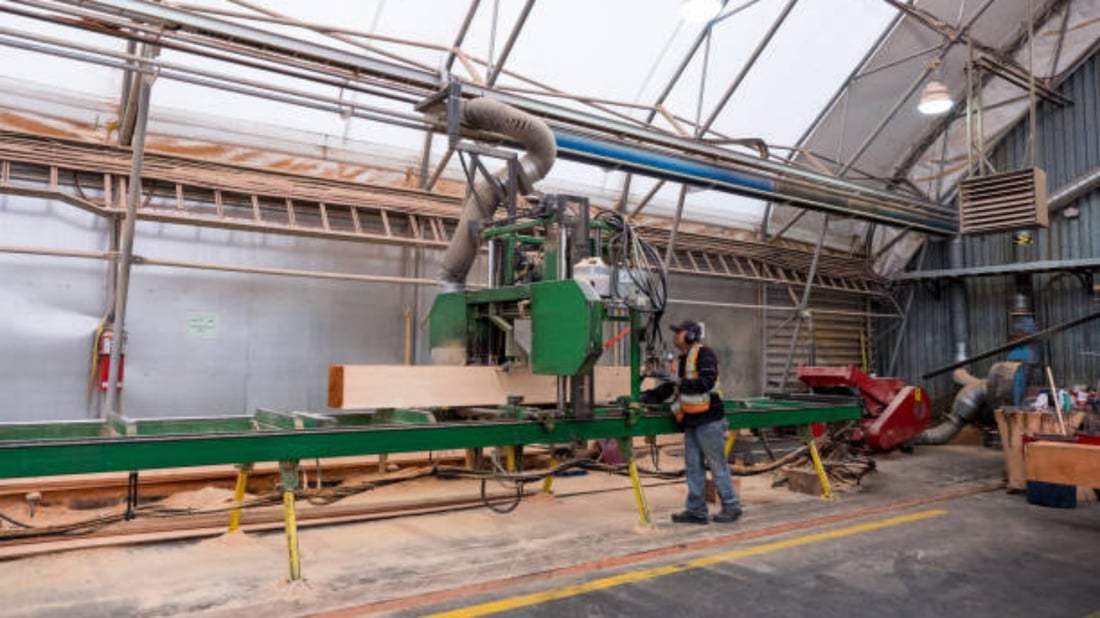Introduction
Roll forming machines play a crucial role in the manufacturing industry, enabling businesses to produce high-quality and accurate metal profiles for various applications. However, with the market flooded with numerous options, selecting the perfect roll forming machine for your project can be a daunting task. In this comprehensive buyer's guide, we will explore the key factors to consider when choosing a roll forming machine, ensuring that you make an informed decision that meets your project requirements and maximizes productivity.
1. Understanding Roll Forming Machines
1.1 Definition and Function
Roll forming machines are mechanical devices that shape metal sheets or coils into desired profiles with consistent cross-sections. They use a series of rolling dies to gradually bend and form the metal, ensuring precise dimensions and uniformity throughout the process. These machines are widely used in industries such as automotive, construction, and appliance manufacturing.
1.2 Types of Roll Forming Machines
There are various types of roll forming machines available, each designed for specific applications and material thicknesses. The most common types include C-channel roll formers, stud and track roll formers, and custom roll formers. Understanding the different machine types will help you determine which one is suitable for your project.
2. Considerations for Selecting a Roll Forming Machine
2.1 Project Requirements
Before embarking on the search for a roll forming machine, it is crucial to define your project requirements. Consider factors such as the desired profile shape, material thickness, production volume, and any additional features or customization required. This information will serve as a guide when evaluating different machines.
2.2 Machine Capacity and Size
The machine's capacity and size play a vital role in the selection process. Evaluate the maximum width and thickness of the materials you will be working with, ensuring that the chosen machine can handle them efficiently. Additionally, consider the production speed and output capacity to ensure it aligns with your project's demands.
2.3 Material Compatibility
Different roll forming machines are designed to work with specific materials, such as steel, aluminum, or copper. Ensure that the machine you choose is compatible with the material you intend to use in your project. Consider factors such as material thickness, strength, and flexibility to ensure optimal performance and desired results.
2.4 Machine Customization and Flexibility
Depending on your project requirements, you may need a roll forming machine that offers customization options and flexibility. Evaluate whether the machine can accommodate specific design changes or adjustments easily. This is especially important for projects with evolving or unique profiles.
2.5 Machine Durability and Maintenance
Investing in a durable and low-maintenance roll forming machine is crucial for long-term productivity and cost-effectiveness. Research the reputation of the manufacturer and read customer reviews to gauge the machine's reliability. Additionally, consider factors such as ease of maintenance, availability of spare parts, and after-sales support.
3. Evaluating Machine Features and Technology
3.1 Roll Forming Process
Understanding the roll forming process is essential in assessing the machine's capabilities. Evaluate the number of rolling stations, the presence of pre-punching or cutting stations, and the overall complexity of the forming process. More complex machines may offer higher precision and versatility but may also come at a higher cost.
3.2 Control Systems
Modern roll forming machines often come equipped with advanced control systems that enhance efficiency and accuracy. Consider features such as touchscreen interfaces, programmable logic controllers (PLCs), and integrated safety mechanisms. These features not only streamline operations but also improve operator safety and reduce errors.
3.3 Tooling and Changeover
Evaluate the ease and cost of tooling changeover, as it directly impacts production efficiency. Quick-change systems and modular tooling options allow for faster and smoother transitions between different profiles. This flexibility can significantly reduce downtime and increase overall productivity.
4. Budget Considerations
4.1 Initial Investment
Determining a budget is a crucial aspect of purchasing a roll forming machine. Consider the initial investment required, including the machine cost, installation expenses, and any additional accessories or tooling required. While it's essential to stay within budget, prioritize quality and performance over cost alone.
4.2 Long-Term Costs
Beyond the initial investment, consider the long-term costs associated with owning a roll forming machine. These costs may include energy consumption, maintenance, operator training, and potential repairs. Assess the machine's energy efficiency rating and maintenance requirements to estimate its overall cost of ownership.
5. Choosing a Reliable Manufacturer
5.1 Research and Reputation
Selecting a reputable and reliable manufacturer is crucial to ensure the quality and performance of your roll forming machine. Conduct thorough research and gather information about different manufacturers. Look for customer reviews, certifications, and industry affiliations to gauge their reputation.
5.2 After-Sales Support
Evaluate the manufacturer's after-sales support, including warranty coverage, technical assistance, and spare parts availability. A manufacturer with a dedicated support team and readily available spare parts will ensure minimal downtime in case of any issues or maintenance requirements.
Conclusion
Selecting the perfect roll forming machine for your project requires careful consideration of various factors. By understanding your project requirements, evaluating machine features, and considering budget constraints, you can make an informed decision. Remember to choose a reliable manufacturer that offers excellent after-sales support to ensure a smooth and productive roll forming process. With this buyer's guide as your reference, embark on your roll forming machine selection journey confidently and unlock the potential for efficient and high-quality metal profile production.
| Quote Inquiry |

